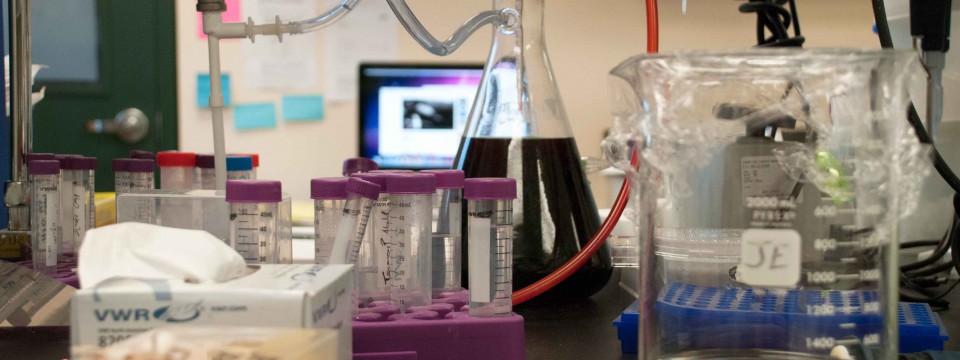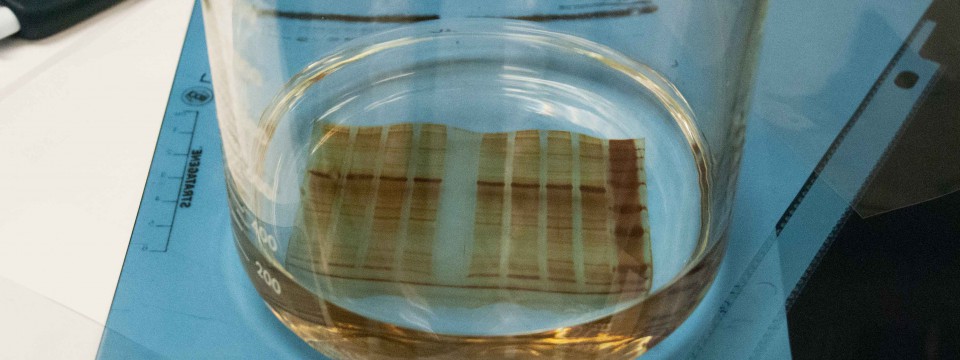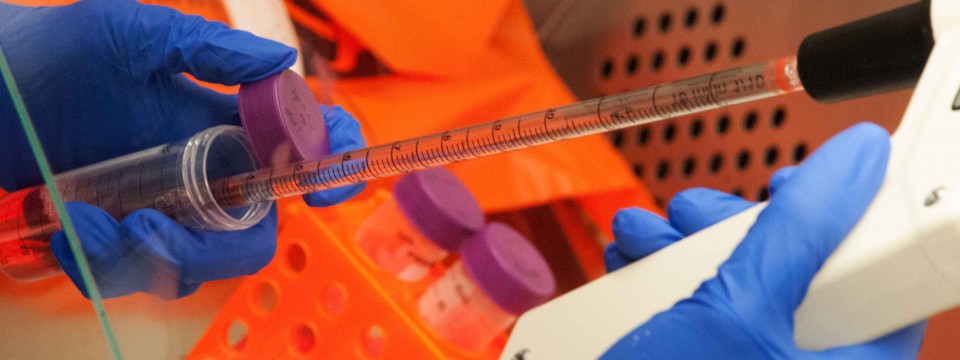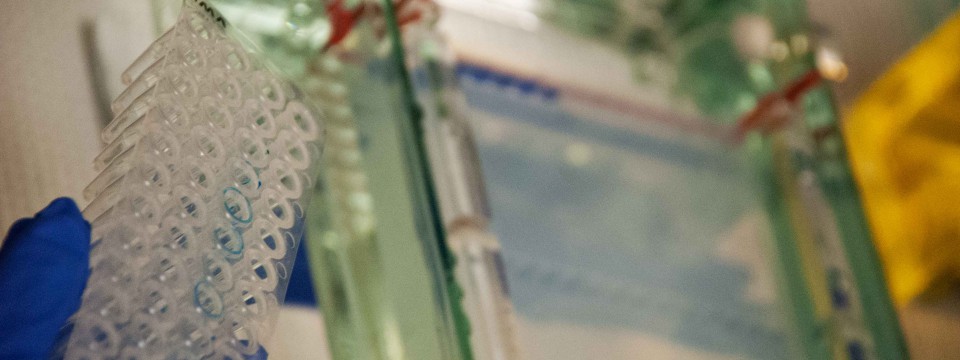Both Type 1 and Type 2 diabetes involve abnormalities in energy homeostasis occurring at the cellular level. In particular, the uncontrolled production of insulin, destruction of β-cells, ectopic lipid accumulation, and insulin resistance in metabolically active tissues are central mechanisms in the pathogenesis of this disease. In addition, metabolic dysfunction in organs such as muscle and liver also play a significant role in disease progression and can directly impact β-cell health and function. The consequences of diabetes on overall health are well characterized; however, the initiating signals and steps within affected cells leading to pathology remain poorly understood at the molecular level. Consequently, biomarkers that reliably detect early islet dysfunction do not currently exist, limiting our ability to predict disease development prior to symptom appearance.
Our goals are to:
- Better understand the molecular changes that occur within diseased tissues of diabetics;
- Identify new molecular factors and genetic programs important for islet and liver function;
- Reveal new therapeutic targets in an effort to prevent or lessen disease progression.





